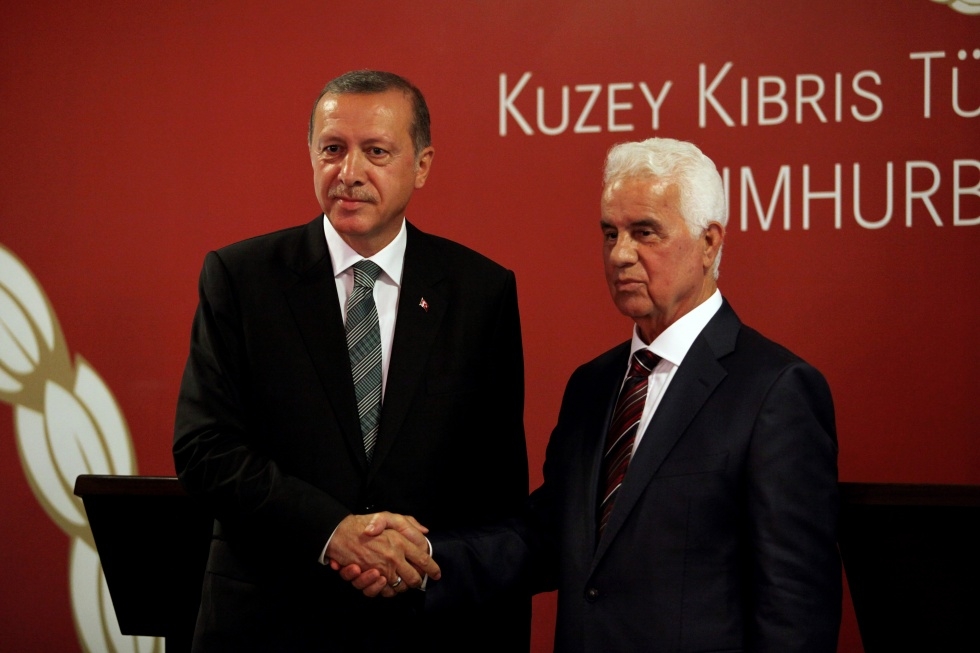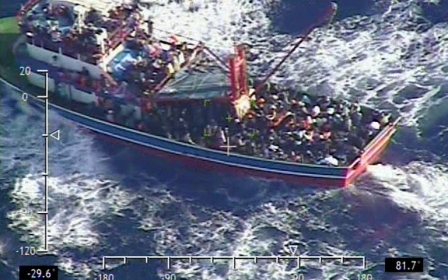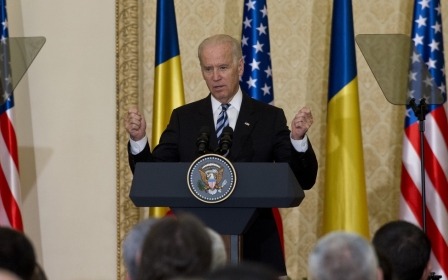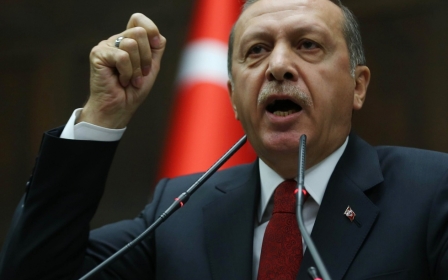Cyprus suspends peace talks over Turkish oil and gas drilling plans

Peace talks in Cyprus have collapsed following plans by Turkey to examine the possibilities for drilling for oil and gas in waters already licensed for drilling by Cyprus.
The spat has been brewing over the weekend and first exploded on Friday when Turkey sent a warship into the Cypriot Exclusive Economic Zone (EEZ) to conduct seismic surveys, provoking outrage from Cypriot politicians.
Turkey has reportedly since ignored Cypriot calls to send its ships back, pushing Cypriot foreign minister, Ioannis Kasoulides to lash out on Monday.
“The least I can say is that negotiations, in order to produce results, cannot be conducted under such conditions of provocation," Kasoulides said.
Cyprus’s House of Representatives head Yiannakis Omirou on Tuesday went further and threatened to take the matter to the UN.
“Turkey's provocative behaviour within the Exclusive Economic Zone of the Republic of Cyprus is an attack against our sovereign rights, as guaranteed by the UN Convention of 1982 on the Law of the Sea,” he said.
“Today I am sending a relevant letter with full information about Turkey’s aggressive actions seeking the condemnation of the provocation and the intervention towards Turkey to comply with international law.”
An EEZ is an area designated by the UN to be used specifically by one state for the purpose of exploration for natural resources, thus making Turkey’s move a violation of the United Nations Convention on the Law of the Sea.
But the Turkish Foreign Ministry has warned Cyprus against its continued excavation in the EEZ (which is not recognised by Turkey) saying in a statement on Saturday that Turkey “follows with concern the Greek Cypriot administration’s continuing unilateral research activities of hydrocarbon resources in its so-called exclusive economic zone without taking into account the Turkish Cypriots’ detailed and concrete cooperation proposals for fair sharing.”
Cyprus gained independence from the UK in 1960, sparking years of inter-communal violence between Greek and Turkish Cypriots.
In 1974, a coup took place in Cyprus backed by the Greek military government, which sought to unify Greece and Cyprus by installing a pro-unity dictator.
The Turkish army responded by sending its own troops to the island, sparking a bloody month-long conflict that ended with a ceasefire that partitioned the island into two areas – a north and south - separated by the Green Line.
Turkey has never formally recognised the Republic of Cyprus or its maritime borders and in 1983 the north broke away to form the Turkish Republic of Northern Cyprus (TRNC), a state formally recognised only by Turkey.
Dervis Eroglu, TRNC president, condemned Cyprus’ decision to withdraw from the peace talks.
"The Greek Cypriot side once again showed that, through this attitude, they are not sincere in efforts towards finding solutions via negotiations on the Cyprus issue,” he said in a written statement on Tuesday.
Negotiations were supposed to have moved on to a new phase by 9 October, with Eroglu meeting with Greek Cypriot leader Nicos Anastasiades to discuss the possibility of creating a unified federal Cypriot state.
Greece’s government led by Prime Minister Antonis Samaras also supported the move to suspend negotiations in light of Turkey’s move.
Greek Foreign Ministry spokesman Konstantinos Koutras issued a statement on behalf of the government:
“Turkey is aware, and at any rate ought to be aware, that respect for the sovereignty and sovereign rights of the Republic of Cyprus in the EEZ and the continental shelf of the Republic of Cyprus – that is, of a member state of the United Nations and the European Union – is an obligation for the whole of the international community. Cyprus cannot bear any further violation of international law.
“Turkey’s European course and the course of the negotiations in Cyprus hinge on Turkey’s conduct.”
Middle East Eye propose une couverture et une analyse indépendantes et incomparables du Moyen-Orient, de l’Afrique du Nord et d’autres régions du monde. Pour en savoir plus sur la reprise de ce contenu et les frais qui s’appliquent, veuillez remplir ce formulaire [en anglais]. Pour en savoir plus sur MEE, cliquez ici [en anglais].




